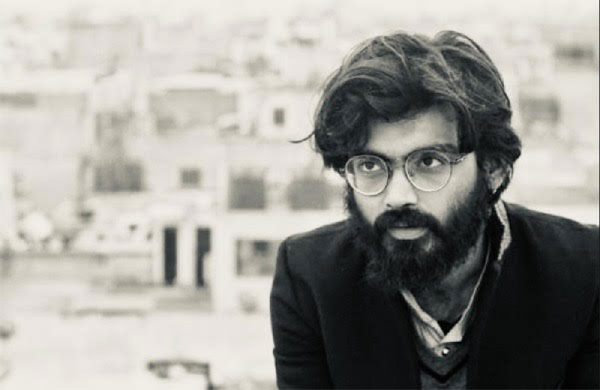Daijiworld Media Network - New Delhi
New Delhi, Sep 6: Sharjeel Imam, one of the accused in the 2020 Delhi riots conspiracy case, has filed an appeal in the Supreme Court challenging the Delhi High Court’s refusal to grant him bail, according to his lawyer. Imam faces charges under the stringent Unlawful Activities (Prevention) Act (UAPA) along with other penal provisions.
The 2020 riots, triggered during protests against the Citizenship Amendment Act (CAA) and National Register of Citizens (NRC), resulted in the deaths of 53 people and injuries to over 700 others. The violence marked one of the most severe communal disturbances in recent Indian history.
Earlier this week, a two-judge Bench of the Delhi High Court, comprising Justices Navin Chawla and Shalinder Kaur, dismissed bail petitions not only for Sharjeel Imam but also for Umar Khalid and several others accused in what the court described as the “larger conspiracy” behind the riots. The detailed judgement is yet to be made publicly available.

The case has dragged on for five years, with the accused held in custody throughout. During the bail hearings, Solicitor General Tushar Mehta, representing the Delhi Police, strongly opposed their release, arguing that the prolonged detention was not sufficient grounds for bail given the gravity of the conspiracy.
Mehta described the accused as part of a “well-orchestrated criminal conspiracy” intended to embarrass India internationally, especially timed around the 2020 visit of then US President Donald Trump. He stressed that their actions went beyond ordinary protest or riot, aiming instead to divide the nation on religious lines and threaten its sovereignty.
Citing speeches made by Sharjeel Imam, Mehta claimed there was a deliberate plan to sow communal discord, and referenced global media coverage that framed the events as more than just protests. He also referred to previous court rulings, including a denial of bail to Umar Khalid, in which the riots were labeled a “terrorist act.”
Summing up, the solicitor general urged the court not to treat the matter as a routine bail application but as a response to a premeditated attack on the nation’s integrity from within its capital. The Supreme Court will now consider the appeal, keeping the spotlight on a case that remains a sensitive and significant chapter in India’s recent history.